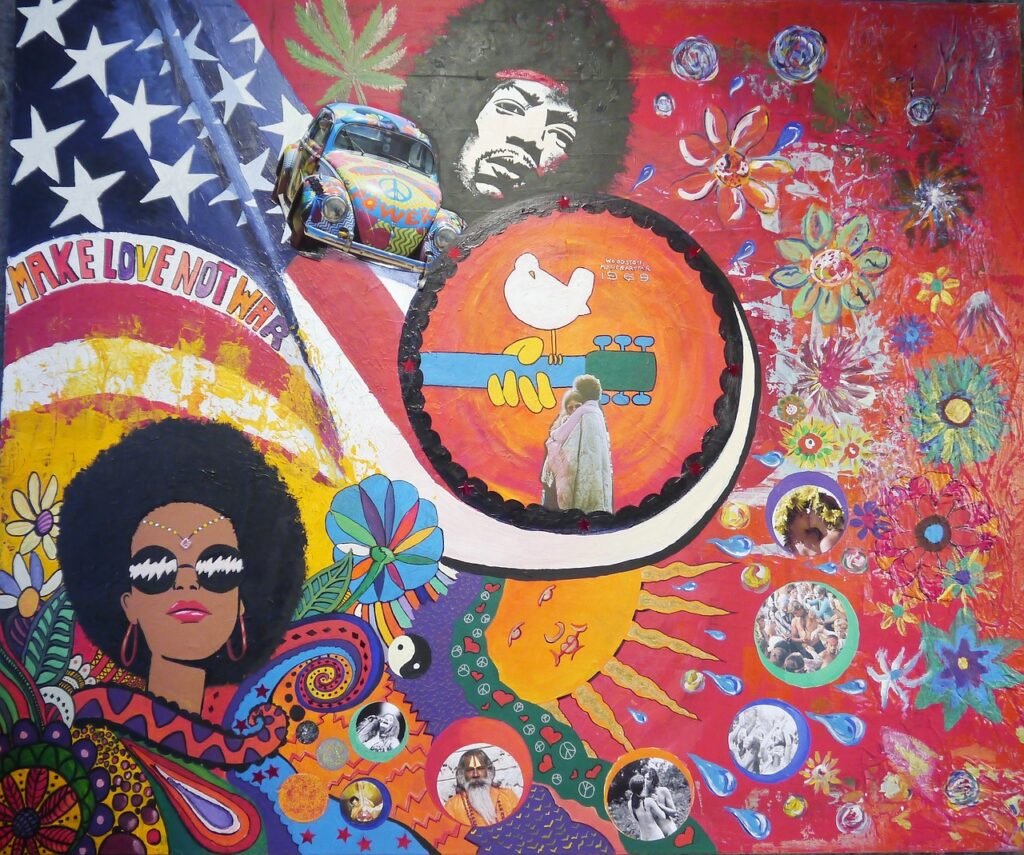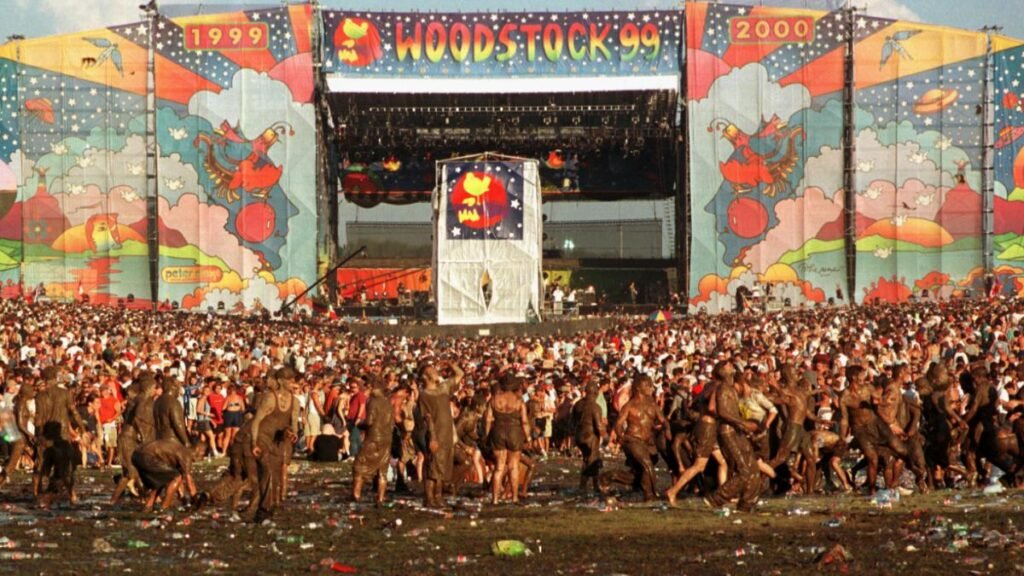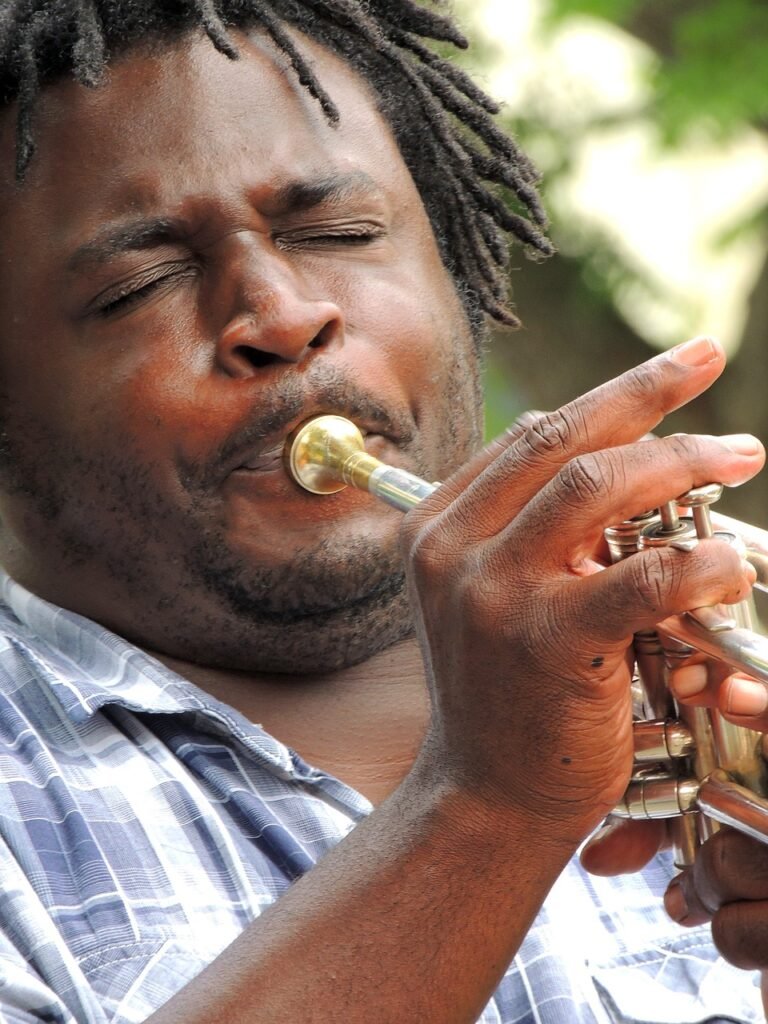Woodstock, held in Bethel, New York, in August 1969, is arguably the most iconic and influential music festival in history. Billed as “An Aquarian Exposition: 3 Days of Peace & Music,” Woodstock attracted an estimated 400,000 attendees and featured performances by some of the era’s most legendary musicians, including Jimi Hendrix, Janis Joplin, The Who, and Santana.
What set Woodstock apart from previous music festivals was its sheer scale, its cultural significance, and its lasting impact on music, society, and popular culture. Organized as a for-profit venture by a group of young entrepreneurs, Woodstock quickly grew into a massive gathering of like-minded individuals seeking refuge from the social and political turmoil of the late 1960s.
Despite facing numerous logistical challenges, including overcrowding, food shortages, and inclement weather, Woodstock was ultimately hailed as a triumph of human spirit and resilience. Attendees embraced the festival’s ethos of peace, love, and music, creating a temporary utopian community characterized by openness, acceptance, and camaraderie.
Woodstock also marked a turning point in music festival history, ushering in a new era of large-scale outdoor gatherings that transcended boundaries of genre, race, and nationality. It inspired a wave of imitators and successors, including festivals like Isle of Wight, Altamont, and Glastonbury, which sought to capture the spirit of Woodstock while carving out their own unique identities.
Despite its lasting impact, Woodstock was not without its controversies and criticisms. The festival faced backlash from local residents, government officials, and law enforcement agencies, who viewed it as a threat to public safety, property rights, and social order. In the aftermath of Woodstock, there were calls for greater regulation and oversight of music festivals, leading to changes in permitting processes, security measures, and crowd control strategies.
Despite its challenges, Woodstock remains a cultural landmark and a symbol of the power of music to inspire, unite, and transform lives. Its legacy lives on in the countless music festivals that continue to take place around the world, each one a testament to the enduring spirit of Woodstock and the ideals it represented.



